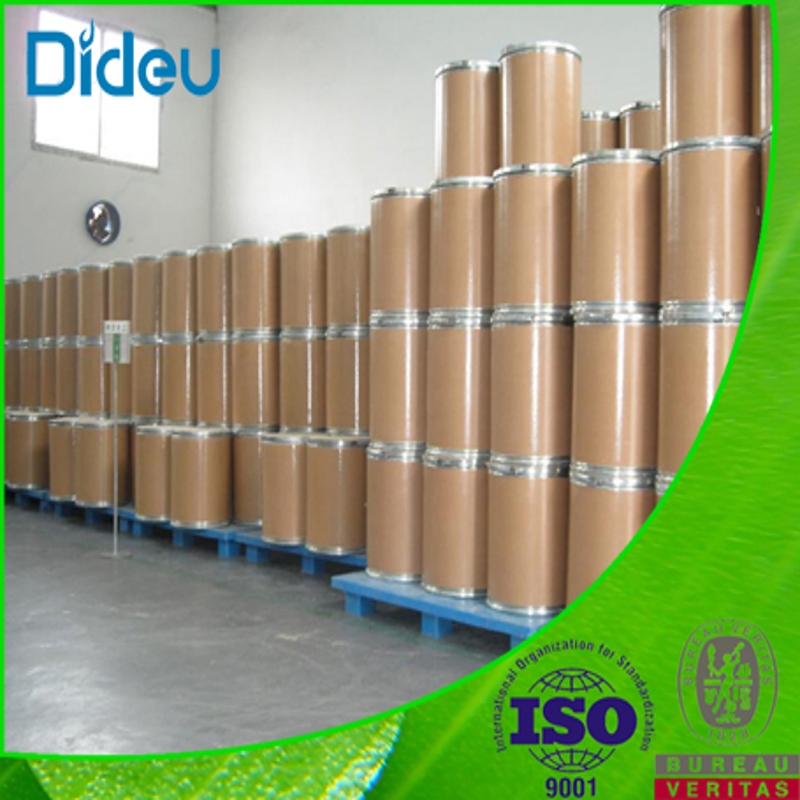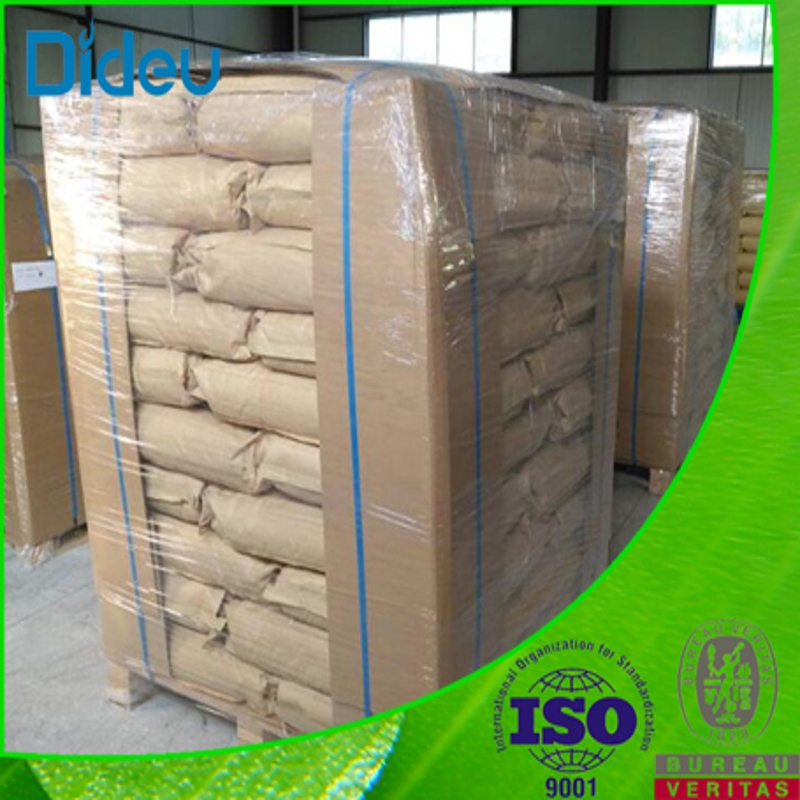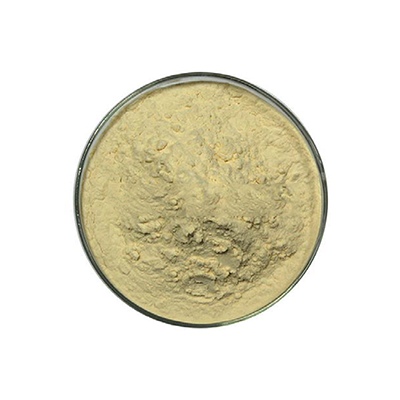-
Categories
-
Pharmaceutical Intermediates
-
Active Pharmaceutical Ingredients
-
Food Additives
- Industrial Coatings
- Agrochemicals
- Dyes and Pigments
- Surfactant
- Flavors and Fragrances
- Chemical Reagents
- Catalyst and Auxiliary
- Natural Products
- Inorganic Chemistry
-
Organic Chemistry
-
Biochemical Engineering
- Analytical Chemistry
-
Cosmetic Ingredient
- Water Treatment Chemical
-
Pharmaceutical Intermediates
Promotion
ECHEMI Mall
Wholesale
Weekly Price
Exhibition
News
-
Trade Service
1,2,3-Propanetricarboxylic acid, 2-hydroxy-, lead(2+) salt (2:3) is an important chemical compound that is widely used in the chemical industry.
It is a synthetic intermediate that is commonly used in the production of various chemicals, plastics, and other industrial products.
The synthetic routes of this compound are many, and the choice of a particular route depends on various factors such as cost, availability of raw materials, and the desired purity of the final product.
One of the most common synthetic routes of 1,2,3-propanetricarboxylic acid, 2-hydroxy-, lead(2+) salt (2:3) involves the reaction of 2-chloropropionic acid with sodium hydroxide in the presence of a solvent such as water or ethanol.
The reaction produces the lead salt of 2-hydroxy-1,2,3-propanetricarboxylic acid, which is then purified and isolated using various methods such as crystallization, filtration, and distillation.
Another synthetic route involves the reaction of 2-butene with formaldehyde and hydrochloric acid in the presence of a solvent such as water or methanol.
The reaction produces 1,2,3-propanetricarboxylic acid, which is then treated with sodium hydroxide to produce the lead salt.
This route is also commonly used in the industrial production of the compound.
A more recent synthetic route involves the use of enzymes such as lipases to catalyze the reaction of 2-chloropropionic acid with 2-butanol in the presence of a solvent such as dichloromethane.
The reaction produces the lead salt of 2-hydroxy-1,2,3-propanetricarboxylic acid, which is then purified and isolated using various methods such as crystallization and filtration.
This route is becoming increasingly popular due to its high efficiency and environmental compatibility.
The synthetic routes of 1,2,3-propanetricarboxylic acid, 2-hydroxy-, lead(2+) salt (2:3) are many, and the choice of a particular route depends on various factors such as cost, availability of raw materials, and the desired purity of the final product.
The three routes mentioned above are some of the most commonly used methods, but there are many other methods that can be used to synthesize this compound.
The lead salt of 2-hydroxy-1,2,3-propanetricarboxylic acid is an important intermediate in the production of various chemicals and industrial products.
It is widely used in the production of plastics, resins, coatings, and other industrial products.
The compound is also used as a catalyst in various chemical reactions, and as a raw material in the production of various pharmaceuticals and other chemical products.
In conclusion, the synthetic routes of 1,2,3-propanetricarboxylic acid, 2-hydroxy-, lead(2+) salt (2:3) are many, and the choice of a particular route depends on various factors such as cost, availability of raw materials, and the desired purity of the final product.
The three routes mentioned above are some of the most commonly used methods, but there are many other methods that can be used to synthesize this compound.
The lead salt of 2-hydroxy-1,2,3-propanetricarboxylic acid is an important intermediate in the production of various chemicals and industrial products, and its synthesis is a crucial step in the chemical industry.







